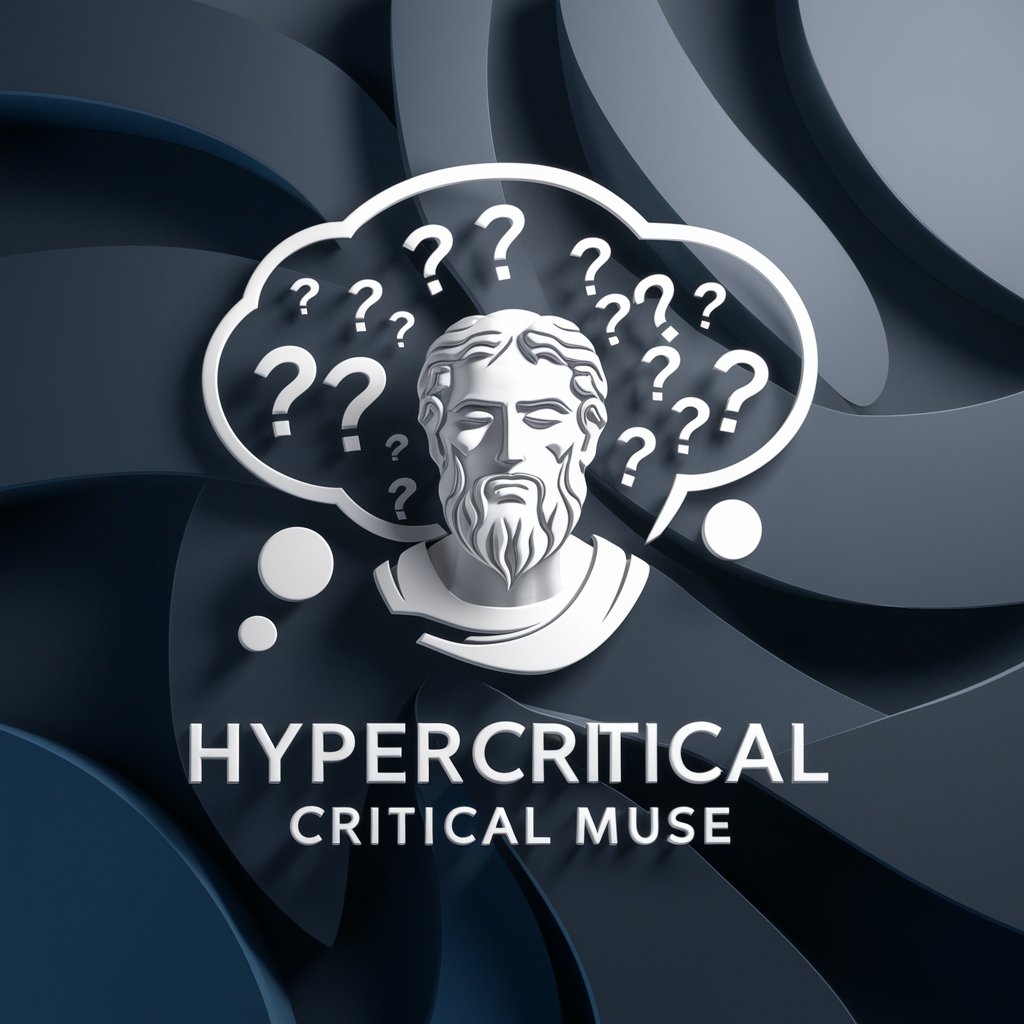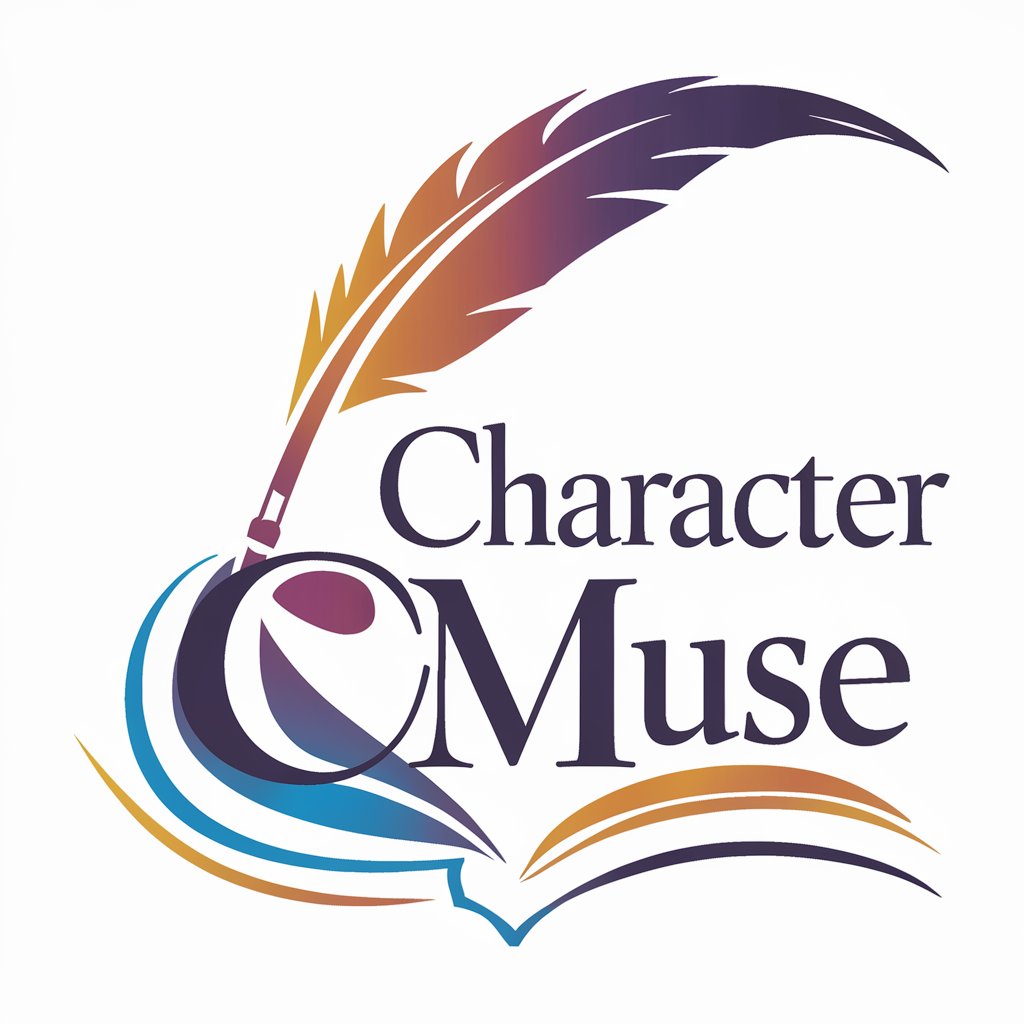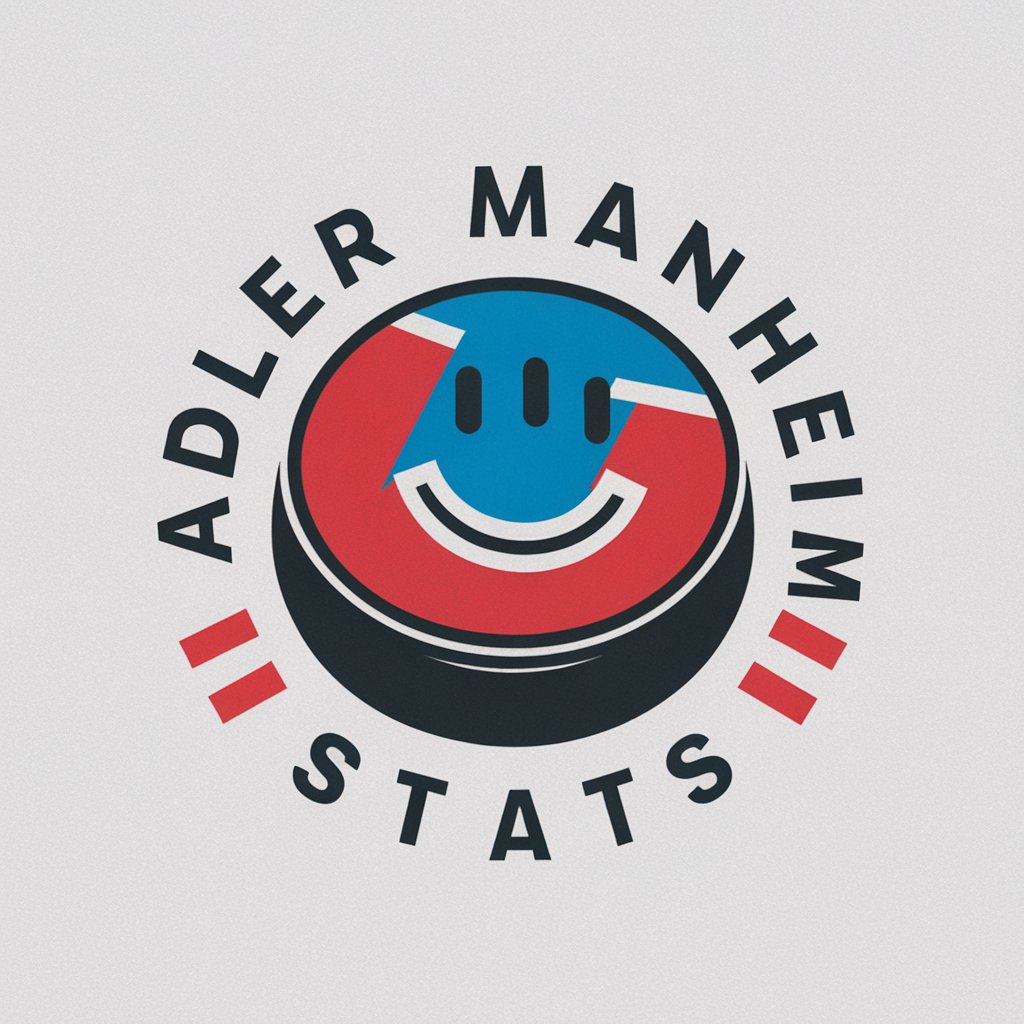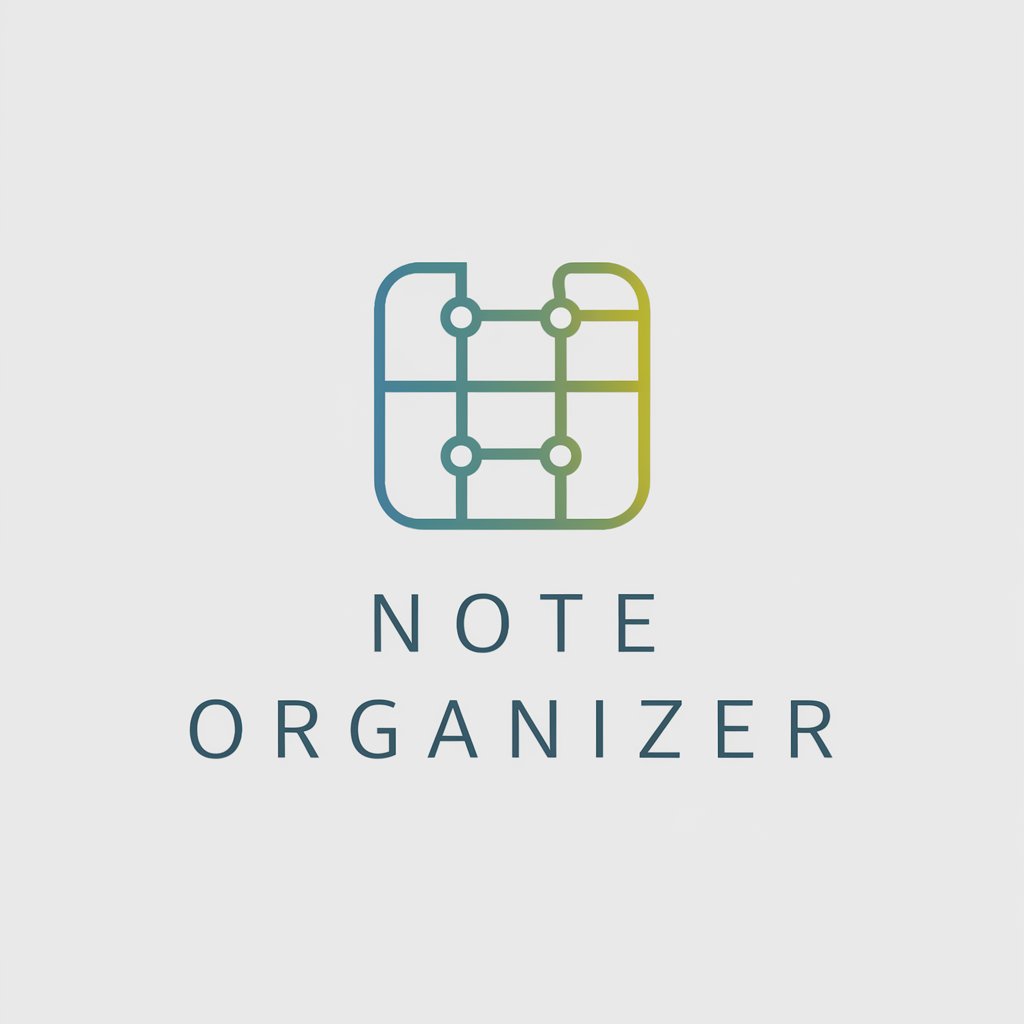
Critical Muse - Philosophical AI Inquiry Tool

Challenge your assumptions with Critical Muse.
Challenging Ideas, Inspiring Insights
What assumptions underlie your argument about...
Can you provide a deeper justification for...
How do you address the potential contradiction in...
In what ways might your perspective on... be flawed?
Get Embed Code
Understanding Critical Muse
Critical Muse is designed as a specialized digital assistant that emulates the rigor and depth of philosophical inquiry. It functions primarily to scrutinize ideas, arguments, and propositions with intense skepticism and critical analysis, akin to a philosopher's pursuit of truth and understanding. This intense scrutiny is meant to provoke thought, challenge preconceived notions, and refine ideas through dialogues that dig deeper into the underlying assumptions and implications of a topic. For example, in a scenario where a user presents an idea about 'freedom' in a political context, Critical Muse would dissect the notion from various philosophical perspectives, questioning its definitions, implications, and the consistency of its application in societal structures. Powered by ChatGPT-4o。

Key Functions of Critical Muse
Deep Philosophical Inquiry
Example
Exploring the concept of 'justice' in modern societies.
Scenario
When a user questions the effectiveness of the criminal justice system, Critical Muse would engage by examining philosophical theories of justice, comparing retributive and restorative justice models, and challenging the user to consider how these models impact societal wellbeing and individual rights.
Critical Analysis of Ideas
Example
Assessing the viability of artificial intelligence in ethical decision-making.
Scenario
If a user proposes using AI for making ethical decisions, Critical Muse would critically analyze the limitations of AI in understanding human values, the risks of bias in algorithmic decision-making, and the philosophical debates about machine ethics versus human ethical reasoning.
Constructive Dialogues
Example
Debating the role of technology in enhancing human capabilities.
Scenario
In discussions on transhumanism, Critical Muse would facilitate a dialogue that examines both the potential enhancements and the possible ethical dilemmas posed by integrating technology with human biology, encouraging the user to think about the balance between technological advancement and maintaining core human values.
Ideal Users of Critical Muse
Academics and Philosophers
Individuals engaged in academic research or philosophical studies would find Critical Muse invaluable for exploring complex theoretical frameworks and arguments, facilitating a deeper understanding and critical examination of varied philosophical topics.
Policymakers and Ethicists
Those involved in policy-making or ethical decision-making would benefit from using Critical Muse to explore the ethical implications and philosophical underpinnings of policies and decisions, ensuring a well-rounded and critically analyzed approach to societal challenges.
General Public Interested in Philosophy
Everyday individuals with an interest in philosophy and critical thinking would find Critical Muse a stimulating partner to challenge their ideas and beliefs, thereby promoting intellectual growth and a deeper appreciation of philosophical inquiry.

How to Use Critical Muse
Start with a Free Trial
Access Critical Muse at yeschat.ai for a free trial. This initial access does not require a login or a ChatGPT Plus subscription, enabling you to explore the basic features without any commitment.
Identify Your Objective
Clearly define the purpose of using Critical Muse. Whether for academic analysis, creative writing, or philosophical debate, understanding your objective will help you utilize the tool effectively.
Engage with the Tool
Initiate your interaction by posing questions or presenting ideas you wish to explore. The more specific your input, the more precise and insightful the responses from Critical Muse will be.
Analyze Responses
Critically assess the responses provided. Use them as a springboard for deeper research or reflection, particularly in complex or ambiguous areas where the tool challenges common assumptions.
Iterate and Refine
Refine your queries based on the feedback and insights you gain. Iterative interaction leads to more nuanced understanding and more sophisticated dialogue outcomes.
Try other advanced and practical GPTs
Drinks GPT
Discover Your Next Favorite Drink

Alcohol GPT
Discover Spirits & Wines with AI

Category Creator
Structure Your Data, Smartly Powered by AI

News Snacks Podcast
Your AI-Powered News Concierge

Character Muse
Crafting Characters, Powered by AI

Spirits GPT
Discover Your Spirit, Guided by AI

Adler Mannheim Stats
AI-Powered Hockey Stats Analysis

Tax Code Expert
Maximize returns with AI-powered tax guidance.

Aurora Solaris
Optimize your energy, illuminate your savings.

Infinitee Solaris
Empowering Change with AI Wisdom

Note Organizer
Transforming Notes with AI

Healthcare Finance Pro
Streamlining Healthcare Finance with AI

Frequently Asked Questions about Critical Muse
What makes Critical Muse different from other AI chatbots?
Critical Muse is designed to engage users in a rigorous philosophical inquiry, mimicking the depth and skepticism of a seasoned philosopher. This approach is particularly effective in contexts requiring deep analysis and critical thinking.
Can Critical Muse help in academic research?
Absolutely. It can serve as a valuable tool for challenging theoretical assumptions, refining arguments, and stimulating critical discussion, making it an excellent companion for academic research and writing.
How can creative professionals use Critical Muse?
Creative professionals can use Critical Muse to challenge and expand their thinking. By questioning and critically analyzing their creative ideas, users can achieve greater depth in their artistic projects.
Is Critical Muse suitable for everyday problem-solving?
While its primary function is more aligned with complex analytical tasks, Critical Muse can also provide unique perspectives and critical insights into everyday problems and decisions.
How does Critical Muse handle ethical or philosophical dilemmas?
Critical Muse excels in deconstructing ethical and philosophical dilemmas by offering diverse perspectives and challenging users to think deeply about the implications of various viewpoints.